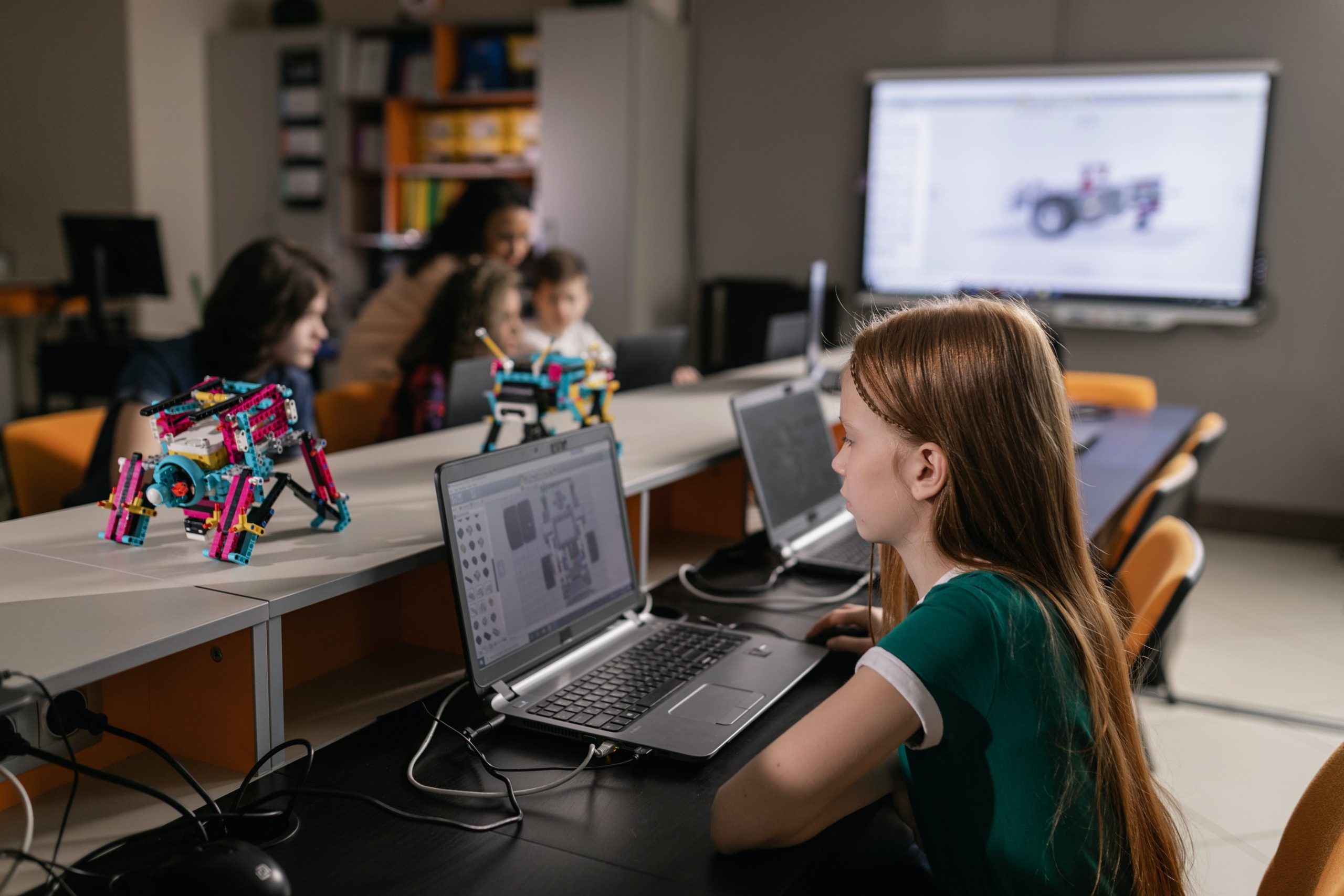During the pandemic, the shift to online learning, then back to the classroom, on more than one occasion, and the multiple disruptions due to absent staff and pupils, have led to a difficult couple of years for the education sector. If you were in the teaching profession during this time, you will have experienced first-hand a rapid change in methodology and will understand how important it is for Teachers to be flexible in their approach and, how the need to continue learning does not end once you begin your career. Recent changes to the education sector are setting the scene for the trends we expect to see.
The changing landscape of the teaching profession
Until 2020, teaching had always taken place in the classroom and as a Teacher you were expected to be physically present with your pupils. Technology had a role in the classroom and may have been used to set homework and communicate with parents and carers, but in general, face-to-face, hands-on teaching was the norm. Almost overnight that all changed. Suddenly computers became the only means of contact for Teachers and their pupils and both had to quickly become proficient in the use of online platforms.








